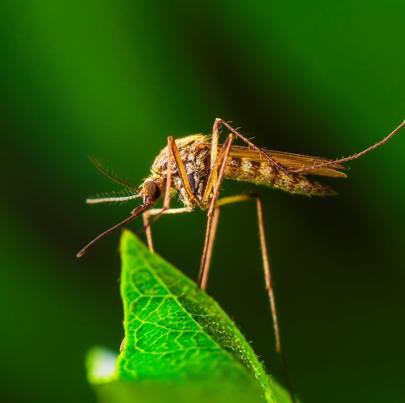Workers in the U.S. are at risk of contracting Zika virus, according to the Centers for Disease Control and Prevention (CDC). On November 16, 2016, the CDC reported that there were 4,255 known cases of Zika virus in the United States. About 4,115 of those cases were travel-associated, 139 were mosquito-borne, and one was acquired in a laboratory. About 82 of those cases were in Illinois. As Zika virus continues to spread throughout the United States, the number of workers compensation cases for consequences caused by infectious disease is expected to rise.

Zika Transmission
Although Zika virus cannot be communicated through casual contact, there are a number of ways it can be contracted.
- Mosquitoes: The most common way that individuals get Zika virus is by getting bitten by an infected Aedes species mosquito. These mosquitoes become infected with the virus when they bite an individual who has Zika. While they are assertive daytime biters, they also bite in the evening and at night. Standing water in things like bird baths, pet bowls and flower pots are prime areas for these mosquitoes to lay their eggs.
- Sexual Contact: Zika is also present in semen. Men can transmit the disease to their partners through sexual contact.
- Pregnancy: An infected woman who is pregnant can pass the virus to her unborn child.
- Blood: While there have been no reported cases of Zika being transferred through blood transfusion in the United States, multiple cases of both recipients and donors with the disease have been reported in Brazil and other countries.
What Employees Should Know About Zika
When a worker contracts Zika through the scope of his or her employment, the employer’s liability coverage could be triggered. Additionally, when a worker becomes infected on the job (on on an assignment in a country where there is risk of Zika exposure), and then transmits the disease to his or her family member or unborn child, the infection would typically fall under the employers workers compensation policy as well.
Although anyone can become infected with Zika at work, some employees are at a higher risk than others. Health care workers, employees who work outdoors, lab workers, and employees who travel may be at a greater risk for exposure.
Recently, the National Institute for Occupational Safety and Health (NIOSH) published Zika fact sheets for high risk workers as well as employers to help educate them about disease prevention.







